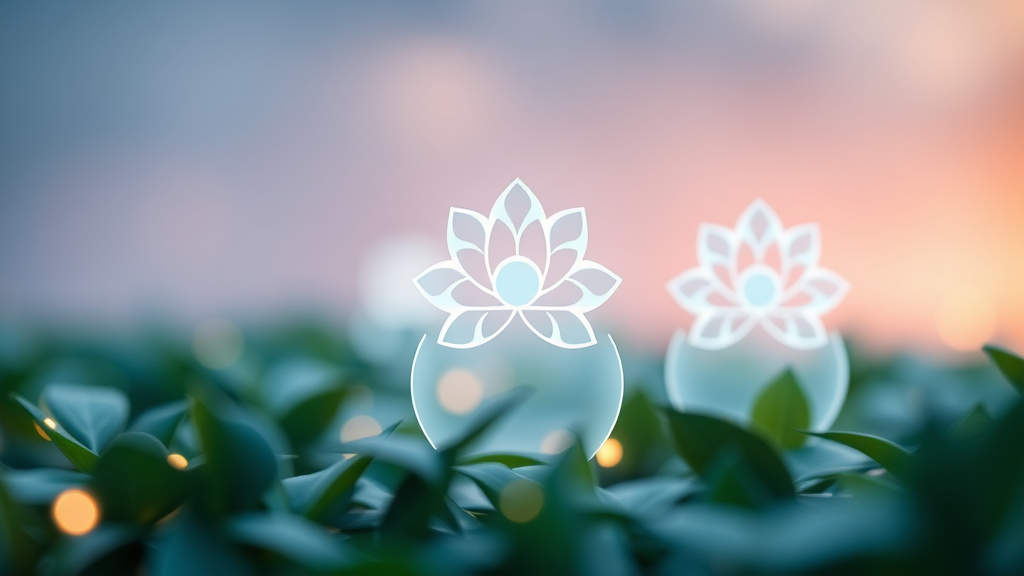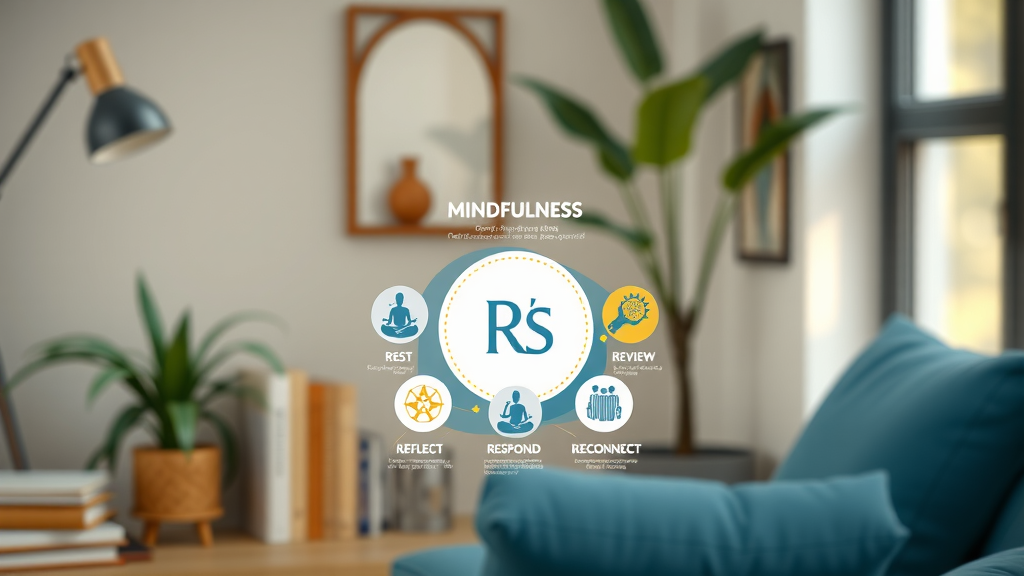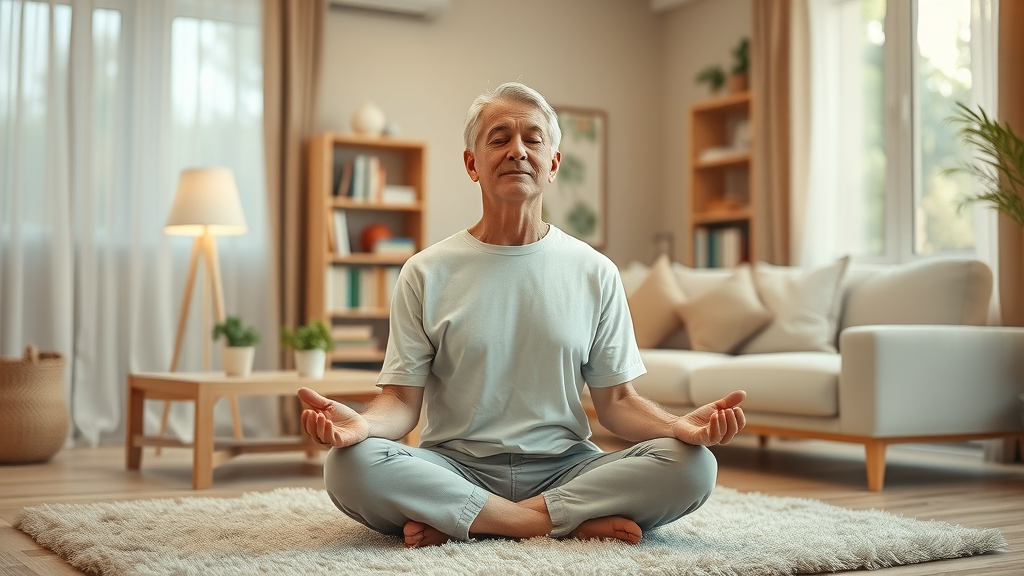Have you ever wondered how mindfulness and mental health intertwine to enhance your well-being? Discover the profound effects of mindfulness practices and how they can transform your mental health journey. Let’s explore the practical steps and scientific insights that make mindfulness a key aspect of mental wellness.
Unlocking the Power of Mindfulness to Enhance Mental Health
Mindfulness is more than just a trendy buzzword—it's a powerful tool for enhancing mental health. It involves paying close attention to the present moment with an accepting attitude. Research is needed to fully grasp its effects, but studies have shown that mindfulness can significantly help people manage stress and improve mental wellbeing. This practice helps individuals focus on their thoughts and emotions without judgment, ultimately leading to a better understanding of oneself and enhanced emotional balance.

What You'll Learn about Mindfulness
- The fundamental principles of mindfulness
- The connection between mindfulness and mental health
- Actionable steps to incorporate mindfulness in daily life
Understanding Mindfulness

Defining Mindfulness: Beyond the Buzzword
Mindfulness involves becoming more aware of the present moment without distraction or judgment. Often, it is confused with meditation, but mindfulness is about incorporating full attention to daily life. By practicing mindfulness, users learn to harness their awareness of thoughts, emotions, and sensations in order to lead a more balanced lifestyle.
How Mindfulness Impacts Mental Health
"Mindfulness is about being fully awake in our lives. It is about perceiving the exquisite vividness of each moment." – Dr. Jon Kabat-Zinn

Mindfulness is shown to have positive effects on various aspects of mental health. For instance, it enhances cognitive therapy practices by creating a moment-to-moment awareness beneficial for mental health problems. These benefits extend to alleviating symptoms of anxiety and depression, as users learn to navigate their thoughts and emotions more freely and healthily.
The Three C's of Mindfulness
- Curiosity: Embracing an open mindset encourages exploration without judgment.
- Compassion: A focus on self-care fosters a nurturing attitude toward oneself.
- Commitment: Consistency in practice ensures that mindfulness becomes ingrained in daily life.

Three Psychological Benefits of Mindfulness
- Reduced anxiety and stress: Mindfulness helps people manage stress by enabling a more grounded appreciation of the present moment.
- Improved emotional regulation: By focusing on thoughts and feelings without judgment, mindfulness fosters emotional control and resilience.
- Enhanced focus and concentration: Practicing mindfulness helps to improve attention back to current tasks, thus enhancing productivity and clarity.

Implementing Mindfulness into Daily Life
Simple Steps to Everyday Mindfulness
- Mindful Eating: Savor each bite and pay attention to the flavors, textures, and aromas.
- Mindful Breathing: Focus on your breath to center your thoughts and reduce stress.
- Mindful Walking: Walk slowly, absorbing every step and the scenery around you.

Exploring the Five R's of Mindfulness
| Rest | Take breaks to restore your energy and reset your mind. |
|---|---|
| Reflect | Consider your experiences and thoughts without bias. |
| Review | Analyze your responses and learn from them. |
| Respond | Act thoughtfully rather than react impulsively. |
| Reconnect | Engage fully with your surroundings and community. |

People Also Ask
How does mindfulness impact mental health?
Mindfulness impacts mental health by improving emotional stability, reducing stress, and enhancing focus. It encourages present-moment awareness, which is vital in managing negative thought patterns and boosting overall wellbeing.
What are the 3 C's of mindfulness?
The Three C’s—Curiosity, Compassion, and Commitment—emphasize openness, self-care, and consistent practice to fully integrate mindfulness into one’s life.
What are 3 psychological benefits of mindfulness?
Mindfulness reduces anxiety, enhances emotional regulation, and sharpens focus, all of which are fundamental to mental health improvement.
What are the 5 R's of mindfulness?
The Five R’s—Rest, Reflect, Review, Respond, Reconnect—provide a structured approach to implementing mindfulness in everyday activities.

Key Takeaways: The Role of Mindfulness in Mental Health
- Improving quality of life: Mindful practices enhance awareness and foster a healthier mental state.
Conclusion: Embrace Mindfulness for Enhanced Mental Well-being
- Integrating mindfulness into your routine can significantly improve your mental health and overall quality of life.

 Add Row
Add Row  Add Element
Add Element 



Write A Comment